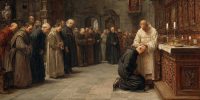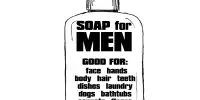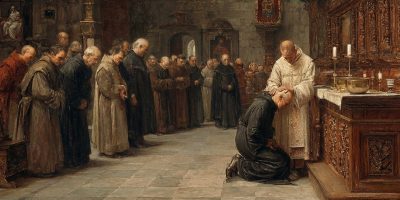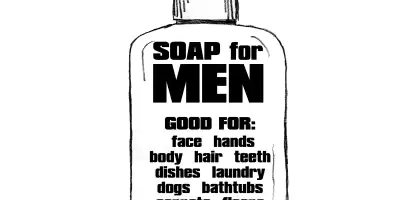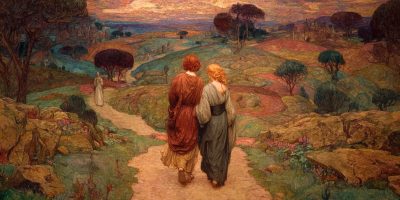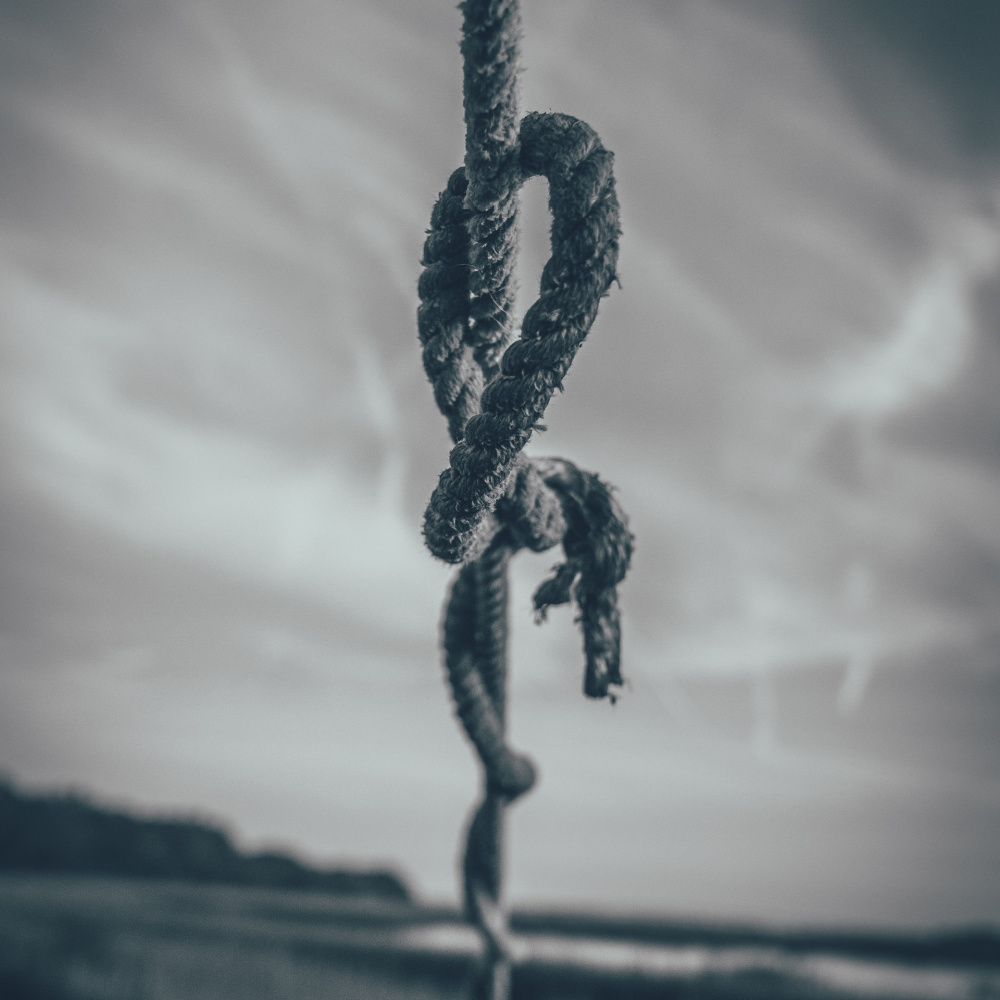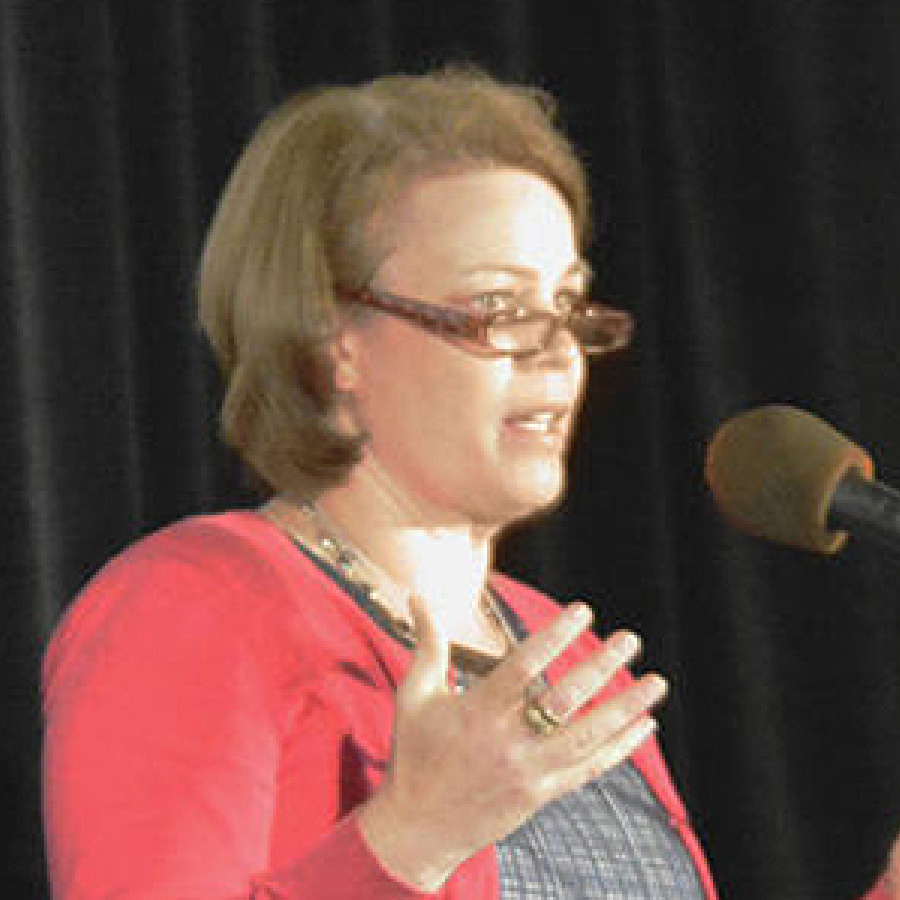Most Americans of a certain generation can remember exactly where they were the morning of September 11, 2001, and first learned that our nation had been attacked. In the hours and days after, our nation paused. Flights were grounded, classes stopped, and we all watched the news.
The stories of national unity that overflowed our country for the months that followed have become fabled. We united in our praise of heroes; we aspired to be heroic neighbors and citizens ourselves. And for many, those days continue to provide hope that no matter how our national dialogue may degrade, there remain core values and decency that unite us.
Today we see many of the same instincts from Americans looking to find solace through unity during our current national (and international) crisis. Many Americans are desperate to find hope. And many are finding it by making heroes of truckers, medical personnel, and grocers—hard-working and deserving people who are being called upon to rise to the occasion.
But all too many of us are then, in our next breath (or tweet), disparaging our political foes. Too many seek to frame the crisis in a way that places blame or wins votes. All the while, we forget that about half of those very heroes we rightly lionize are the same people we are then trying to tear down.
A study out of the University of Kansas found that having an enemy allows people to compensate for feeling out of control, ultimately providing comfort during times of uncertainty.
This is clearly not always a good thing, sometimes expressing itself in racist misguided ways. In large strokes, however, after 9/11 the collective American psyche was able to impressively unite against the face of a common foe: terrorism.
Today, however, the situation is different. COVID-19 does not have an ideology or a network to target. And with the exception of scattered, baseless, and xenophobic attempts, there is no articulable enemy to fight, except the virus itself.
Desperate for enemies, too often we’ve found each other.
And to compound the issue, the way most of us are being asked to help is by literally sitting at home without an obvious target for our desires to make a difference.
In the same moment many Americans are turning to messages of comfort and uplift, others continue choosing a different path. Feeling out of control, wanting to make a difference, and lacking a target or a means to help, they are turning to these well-worn political and cultural divisions to find a place to channel their frustration.
In these already troubling times, let’s not compound the difficulty by turning one another into the enemy we’re missing. In social media discourse, everyone from feminists to preppers to capitalists to Millennials has been cast as the enemy in someone’s apparent attempt to make sense of the crisis.
Desperate for enemies, too often we’ve found each other. Have we really gotten to a point where even national crises no longer have the power to unite us?
We started Public Square Magazine with the recognition that something had broken with the way we speak to one another. But also with the great hope that we could do better—that the national virtue uniting us two decades ago had not vanished, but had merely fallen asleep.
In the coming days and weeks, we have the opportunity to awaken that civic unity. There is an appetite for a sense of national community.
Perhaps we can take advantage of these times to go deeper in our generosity. And if we can learn to reach out and reconnect now, when the appetite is strongest, it can perhaps improve the way we treat one another long after the crisis has passed—prompting even an “enduring shift in consciousness” as David Brooks put it.
There is an appetite for a sense of national community.
During the Spanish Flu pandemic, dialogue in the United States was in a very different place. In the midst of World War I, Woodrow Wilson had a well-oiled propaganda machine running, and the newly minted Sedition Act to mitigate dissent. Critical voices were few.
This is not the solution. The solution is more forthright and productive discourse.
Newspapers, wanting to avoid the government’s anger by being overly negative, censored themselves during the pandemic from reporting legitimate concerns until it was too late. This played a role in the deadly impact of the disease.
We can have criticism and clear-eyed reporting without casting stones across cyberspace and turning on each other during moments of crisis like this.
President Henry B. Eyring, frequently tells the story of a district president who once told him, “Hal, when you meet someone, treat them as if they were in serious trouble, and you will be right more than half the time.”
What if we were to approach our nation the same way, treating its citizens as though they may be in serious trouble and they may actually need our help, love, kindness, and compassion?
That mindset surely is not difficult to come by right now—with many examples in the news.
And for good reason. Many jobs are being lost. Many businesses are at risk of bankruptcy. And that means a strain on individual homes—including rent, house payments, and basic needs. What could it mean to cultivate generosity and compassion now, not out of common cause against an enemy, but out of common love for one another?
This does not mean neutering our strongly held opinions. But it does mean believing others are sincere in theirs. This does not mean refraining from making arguments against leaders and policies. But it does mean taking the time to research our claims and consider our words while offering them in a spirit of service to them and the nation.
This does not mean ignoring the issues that raise strong emotions. But it does mean not getting lost in the anger—and allowing it to drive our communication.
This does not mean doubting our beliefs. But it does mean giving others the benefit of the doubt.
In times like this, as Brooks remarked, “All those tribal us-them stories don’t seem quite as germane right now. The most relevant unit of society at the moment is the entire human family.”
So, before you click to post that meme about the fellow-Americans that you just can’t agree with, take a breath and ask yourself if this might not be the moment to aspire for something better.


